Why You Need To Add These Seasonal Foods To Your Diet
With a whole host of exotic fruits and vegetables available all year round, eating seasonally has become a thing of the past. But there are so many reasons to go back to eating a seasonal diet - not least because fresh, homegrown food tastes so great.
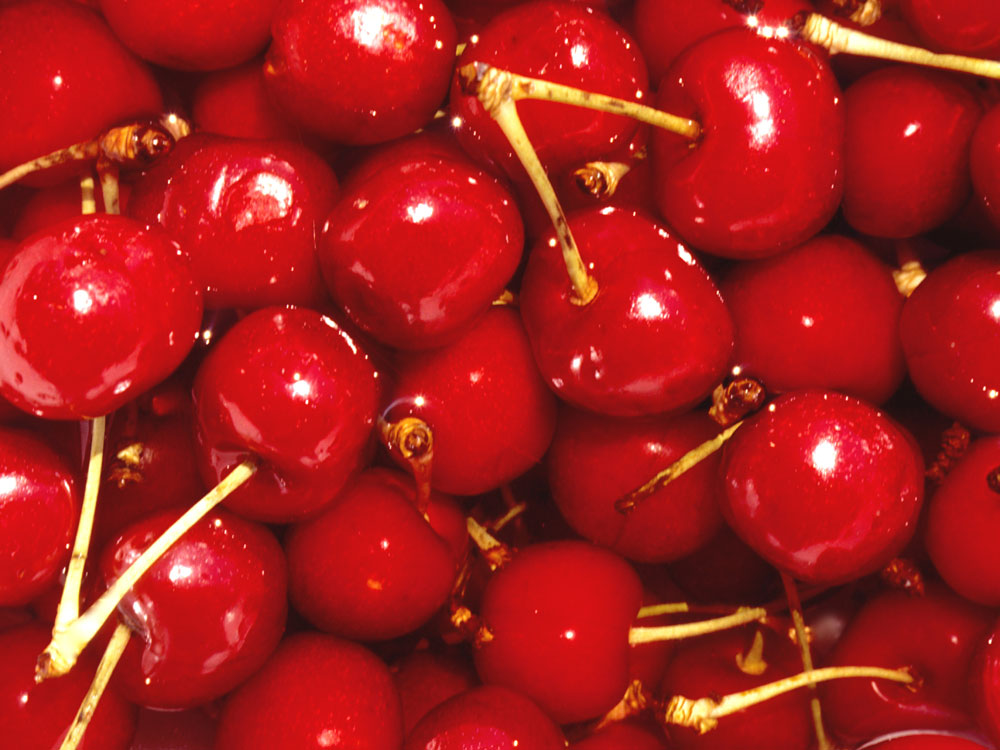
With a whole host of exotic fruits and vegetables available all year round, eating seasonally has become a thing of the past. But there are so many reasons to go back to eating a seasonal diet - not least because fresh, homegrown food tastes so great.
Choosing to eat fresh fruit and vegetables that have been grown locally is actually healthier for you too. The nutritional value of local produce is much higher than that of food that has been shipped from far-flung countries as it's all picked at the optimum time, not forced to ripen in a way that is far from organic.
This season, there are so many delicious foods to choose from, in a range of beautiful colours that will make your mouth water. From dark berries to green beans and delicious red root vegetables, here's 10 reasons to get to the farmer's market this summer.
Cherries
This juicy fruit is often overlooked as a health food, but there are some great benefits to eating cherries as often as you can. They could help you to lose weight, get more sleep and can even help to soothe sore muscles post-work out, reducing inflammation. Studies have also shown that anthocyanins, which give cherries their deep red colour, can regulate fat and glucose levels to help lower cholesterol and prevent heart disease and diabetes.
Beetroot
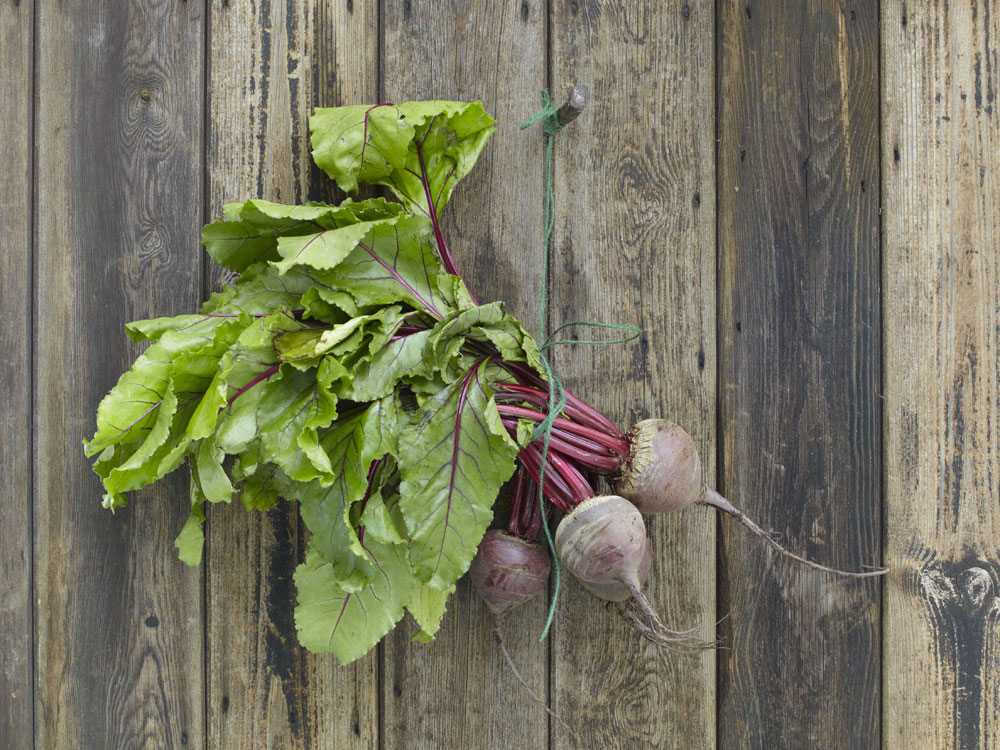
Boil it, blend it or drink it - this veggie is a true superfood. You can eat the whole of the beet, including the roots and leaves to make sure you get the most out of your food shop. High in calcium, iron and vitamins A and C, make sure you get a good dose in your diet to improve bones, promote good eye health and improve your immune system, amongst other things. Beetroot also contains folic acid, fibre, manganese and potassium, all of which a vital to your body's health.
Marie Claire Newsletter
Celebrity news, beauty, fashion advice, and fascinating features, delivered straight to your inbox!
Aubergine
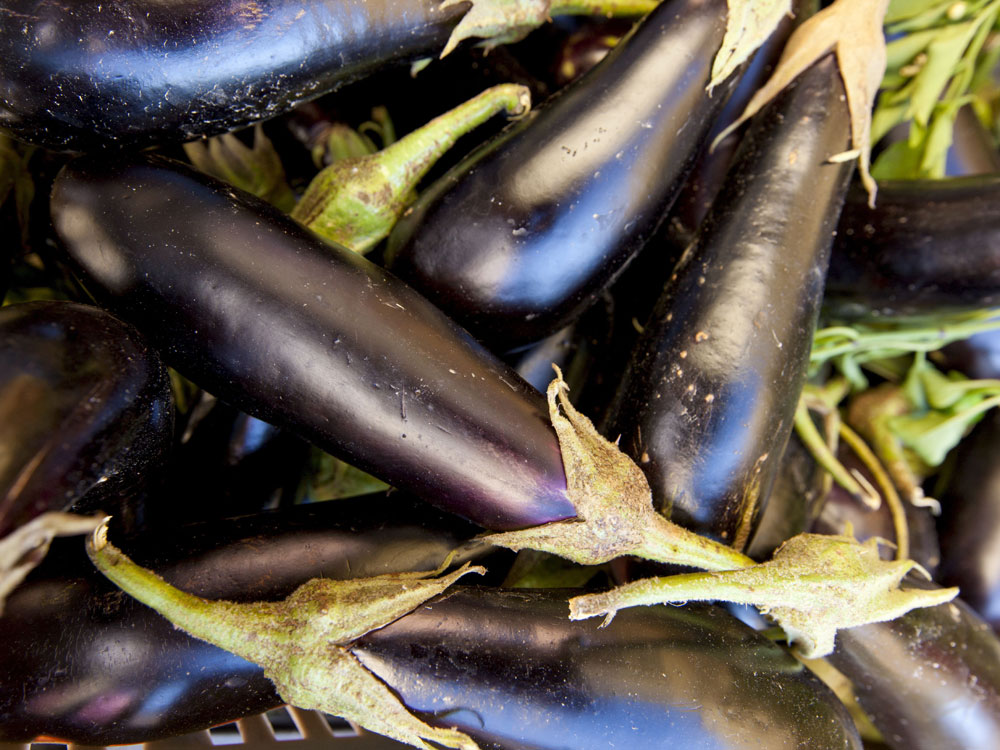
The best thing about the humble aubergine? It's only 20 calories per serving! Stock up on this healthy vegetable to boost energy and replenish supplies of vitamins and antioxidants in the body, protecting against poor health and disease - and possibly even cancer.
Peaches
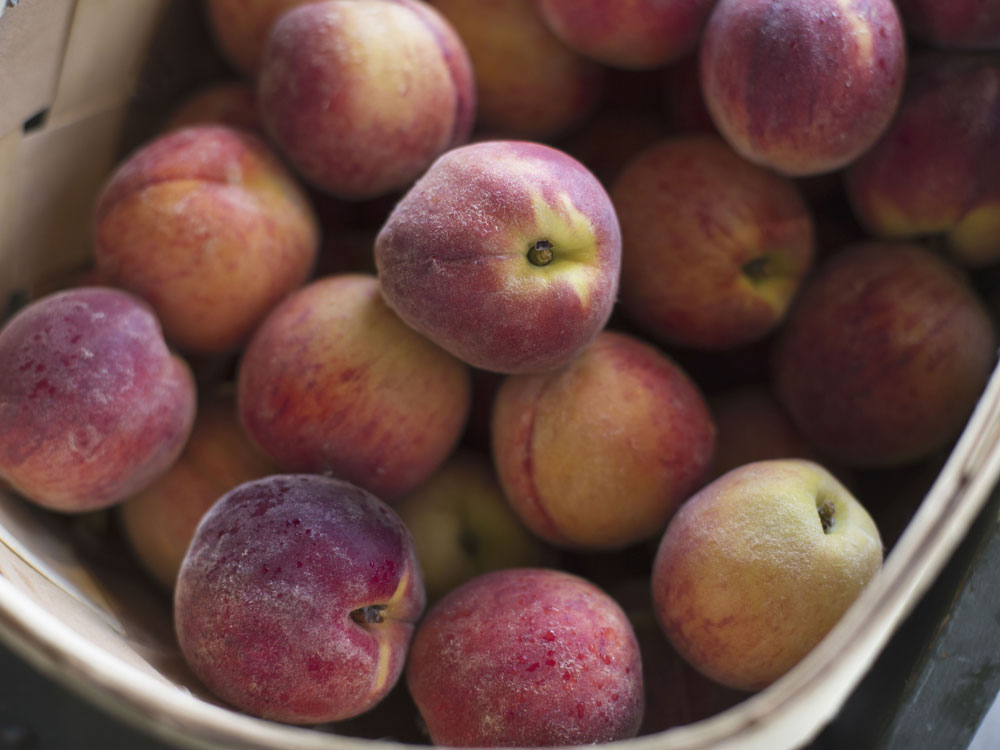
It's not surprising that peaches are a regular ingredient in organic skincare products, as they are packed full of vitamin C and flavonoid poly phenolic antioxidants, which fight the free radicals that cause premature ageing. Eating a peach (at only 39 calories) is just as good as slathering its extracts on your skin and can improve eye health, digestion and - thanks to bioactive and phenolic compounds - beat obesity and cholesterol. Think of a peach as a cleanser for your body.
Broad beans
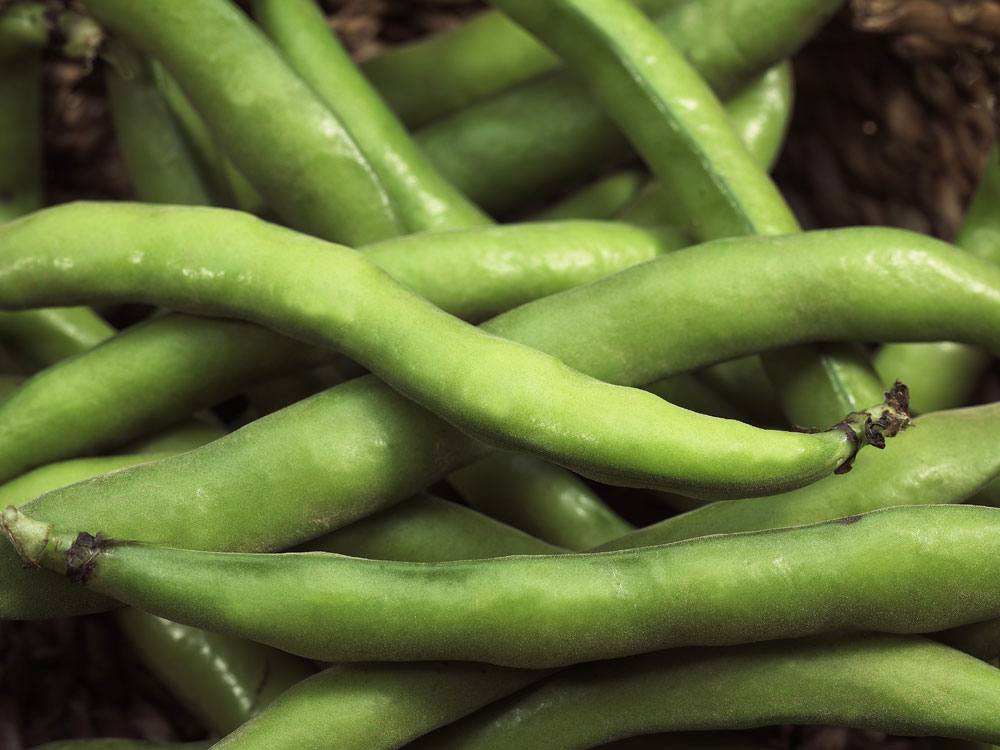
Pack more protein into a vegan or veggie diet with delicious broad beans. High in fibre and rich in vitamin B, these little veggies contain a winning combination for weight loss, cognitive function and give a quick energy boost to help you avoid the post-lunch slump.
Tomatoes
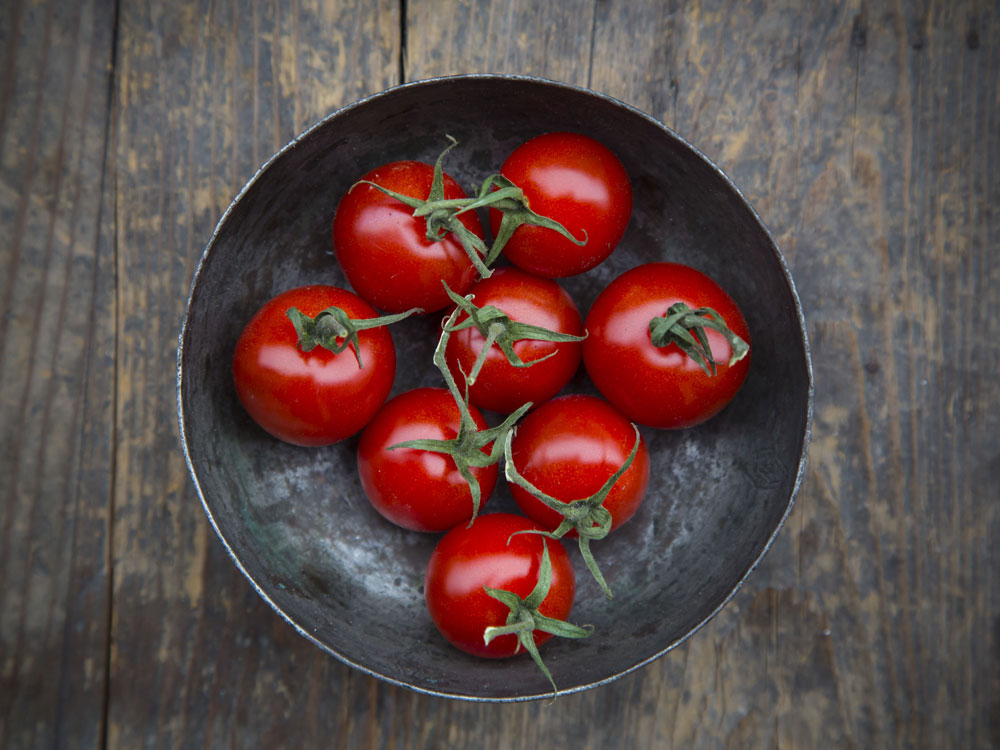
A versatile fruit that is often mistaken for a vegetable, the humble tomato is a real wonder food. Packed full of vitamins A, C and E, they are beneficial to skin and help to protect healthy cells - plus they are antioxidant-rich for mega disease prevention. There's been a bit of a buzz around tomatoes lately, thanks to the discovery of the antioxidant lycopene (found in the bright red tomato skin), which is now a main ingredient in various skincare supplements. A study carried out by Charite University in Berlin discovered a link between eating lycopene-rich tomatoes and softer, smoother skin with less fine lines and wrinkles. Stock up now!
Courgette
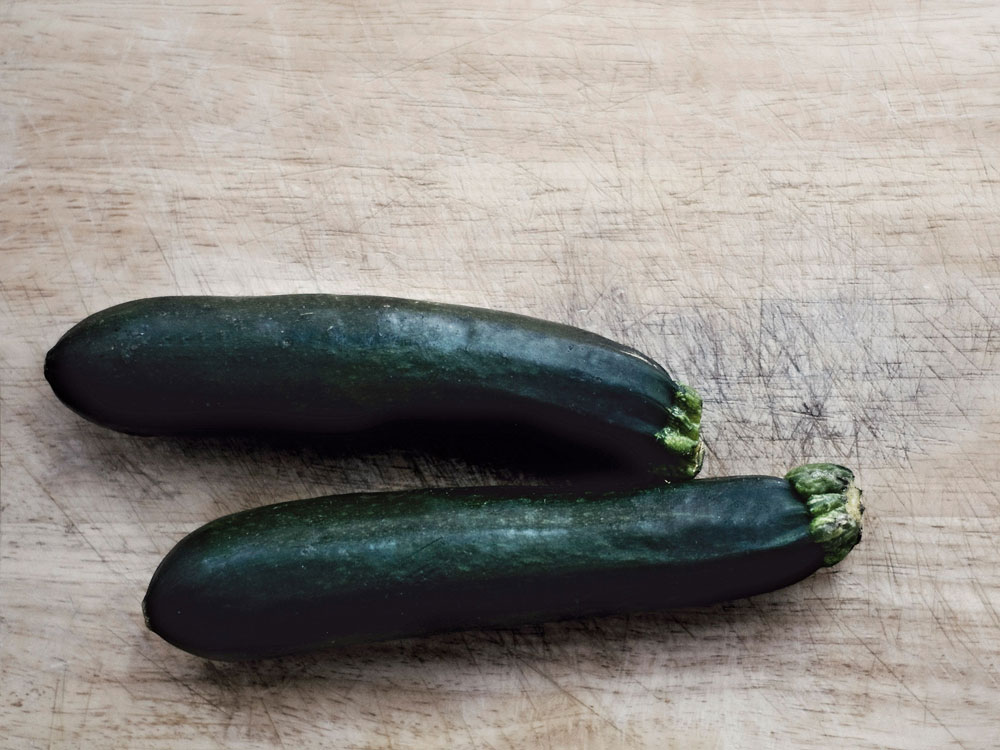
Containing very few calories and full to the brim with water, the courgette is the dieter's best friend. Immune-boosting vitamin C, potassium and fibre help to regulate the body, control blood pressure and slow down digestion. A great choice for anyone with IBS, the soluble fibre also helps to relieve the symptoms associated with this disease.
Apricots
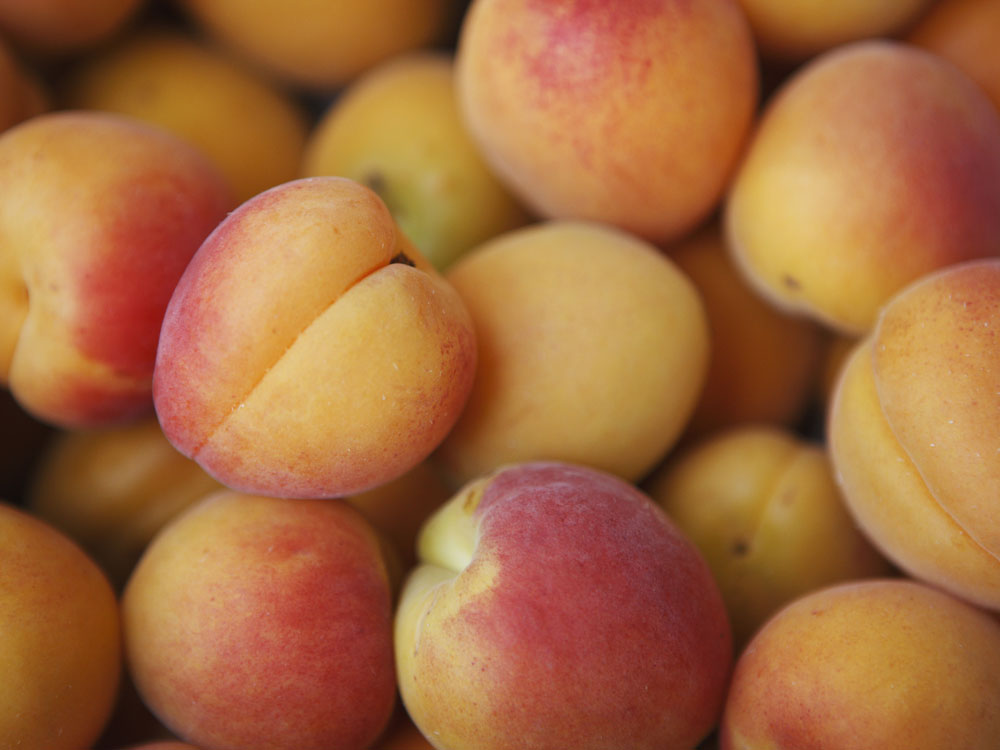
Apricots contain many of the same benefits as apples, peaches and pears. They can also improve bone density thanks to high levels of calcium and boast one of the highest levels of iron, making them an essential add on to vegetarian and vegan diets.
Blackcurrants
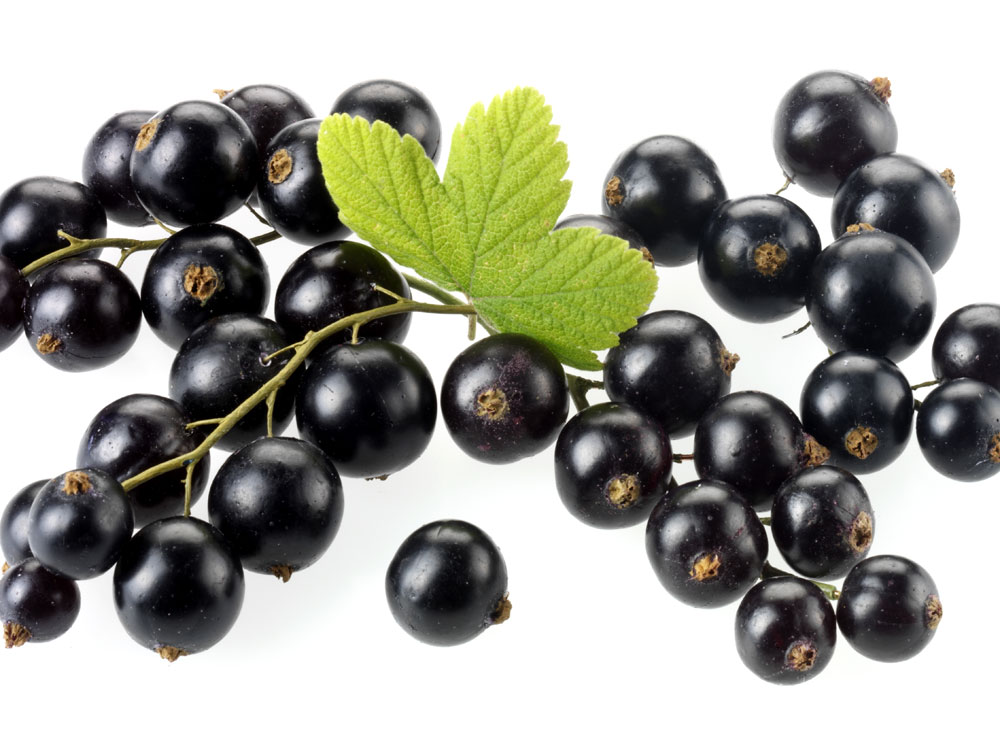
Research has proven the humble blackcurrant to be the most nutritious fruit of all. As well as being full of antioxidants, blackcurrants have been scientifically proven to affect ageing (in a good way) and inflammation and to help protect against cancer and neurological diseases. These little berries can also have an impact on the eyes, digestive system and respiratory system and can help fight the common cold or flu.
Cucumber
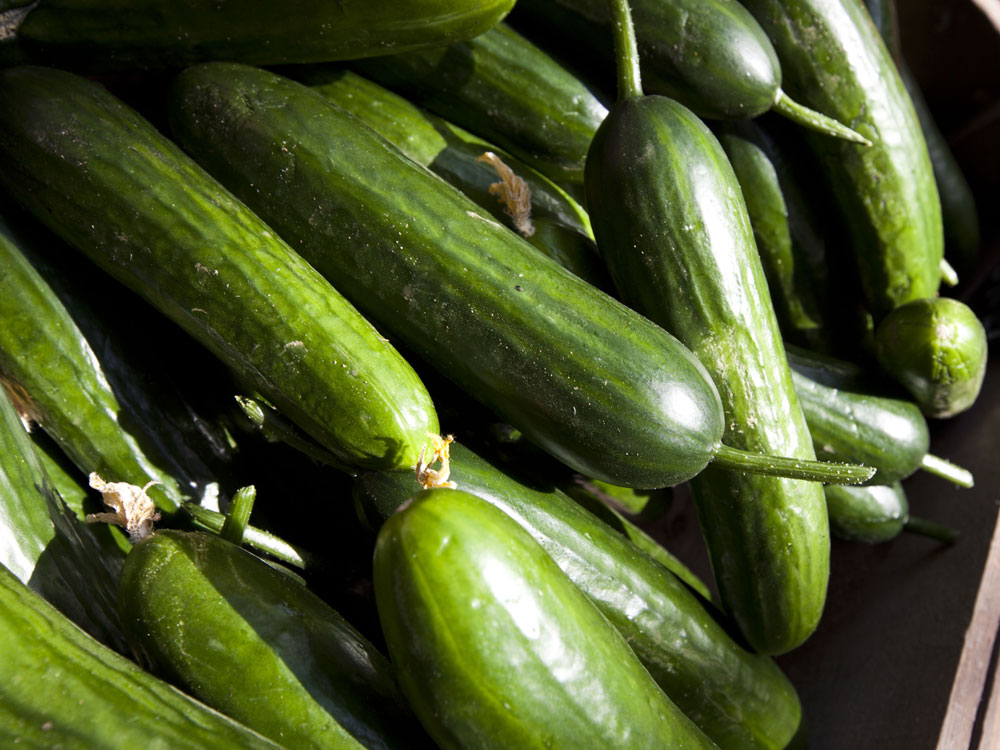
Another low calorie veggie - there are only 15 calories per 100g - cucumber is a toxin-buster and can help to protect against some colon cancers. They also have a high content of vitamin K, which as well as helping to prevent osteoporosis, has played a vital role in the treatment of Alzheimer's.
The leading destination for fashion, beauty, shopping and finger-on-the-pulse views on the latest issues. Marie Claire's travel content helps you delight in discovering new destinations around the globe, offering a unique – and sometimes unchartered – travel experience. From new hotel openings to the destinations tipped to take over our travel calendars, this iconic name has it covered.